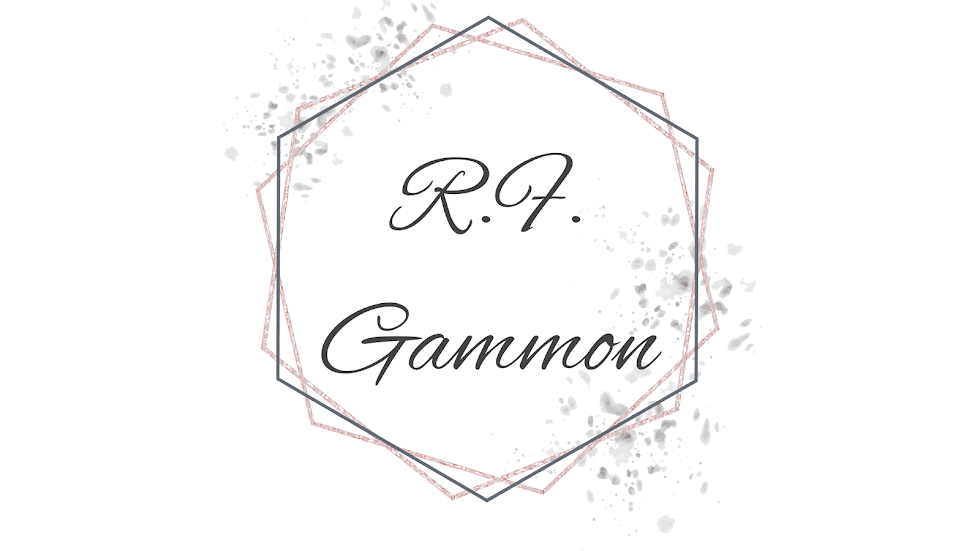Writing What Scares You
Welcome back, everybody! I hope your weekend was good. Today is Writing Advice day, so let's dive right in!
Most writing advice likes to say "write what you know." It shakes out to a matter of...not pride, exactly, but certainty. If you're writing what you know, then research becomes unnecessary, the story becomes easier to write, you don't have to wonder if you're getting it right...
You get the picture.
(I definitely don't write what I know to avoid research, nuh-uh, I'm a history major and I love research *nods adamantly* always)
If you've ever felt this way, like writing something less familiar is too intimidating or even scary, you are not alone. I mean, I think all of us have felt this way at some point. *points to self aggressively*
But the truth is--you don't HAVE to be scared of it. Because writing what scares you? It can make your story better.
Some quick rambles about this:
1. This doesn't have to just apply to characters' experiences! Writing what scares you can be as simple as writing a different genre--if you would normally write fantasy, choosing to write that steampunk or horror or contemporary or wHATEVER because it's what you're excited about. This one has been the hardest for me--I'm a hard fantasy author, but I frequently get ideas for other genres. Which is...scary.
2. Flash fiction can be the BEST way to experiment. Going back to that last item: Let's say you have an idea for something sci-fi, but you don't know if you're ready to write an actual sci-fi novel, since you've never done that before. So instead, you write a sci-fi flash fiction. That's what I did for one of my stories for Havok, the flash fiction e-zine I typically write for, and it's possibly one of my favorite pieces I've ever written.
3. If you ARE trying to write a character who has something you've never experienced--don't be afraid to ask someone who knows! This could range from something as big as asking someone about their life with disabilities, to learning about another religion in order to portray it well, to even something as small as asking a fast food worker what drive-thru rushes are REALLY like. If you're really in doubt, ask a few people! Your story will only be better from adding the real experiences of other people--instead of just writing what you know, you're writing what they know.
4. If something really does just feel like it's too much to write: don't be afraid to shelve it for later. I've had to do that multiple times in the Pentegreens series--a few concepts might bounce back in later drafts of that same series, and others may well make their way into different works of mine. That doesn't make it bad that I couldn't handle them at the time--it simply means that sometimes, it isn't a story's time.
5. Writing your most personal experiences can be scary too. Sometimes, it's best to put a slightly different spin on such things. Some of my deepest darkest stories have made their way into my books, but always under a different name, in a different form. Allowing them to INFLUENCE the story rather than letting them BECOME the story is often a wise decision. And remember--most of the time, people will have no idea that you're writing something personal when they come across it. They'll simply proclaim the characters masterful. ;)
There's no right or wrong way to write YOUR story. Your words matter, and they're important. So don't be afraid of them, and don't let fear stop you from writing the story you want to tell.
What's your go-to genre and one you might want to dabble in someday? Do you enjoy research for your novels (and if you do, teach me your ways)? Chat with me in the comments!




